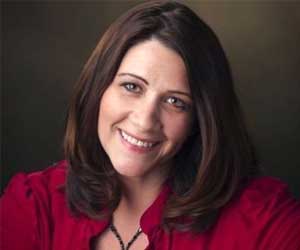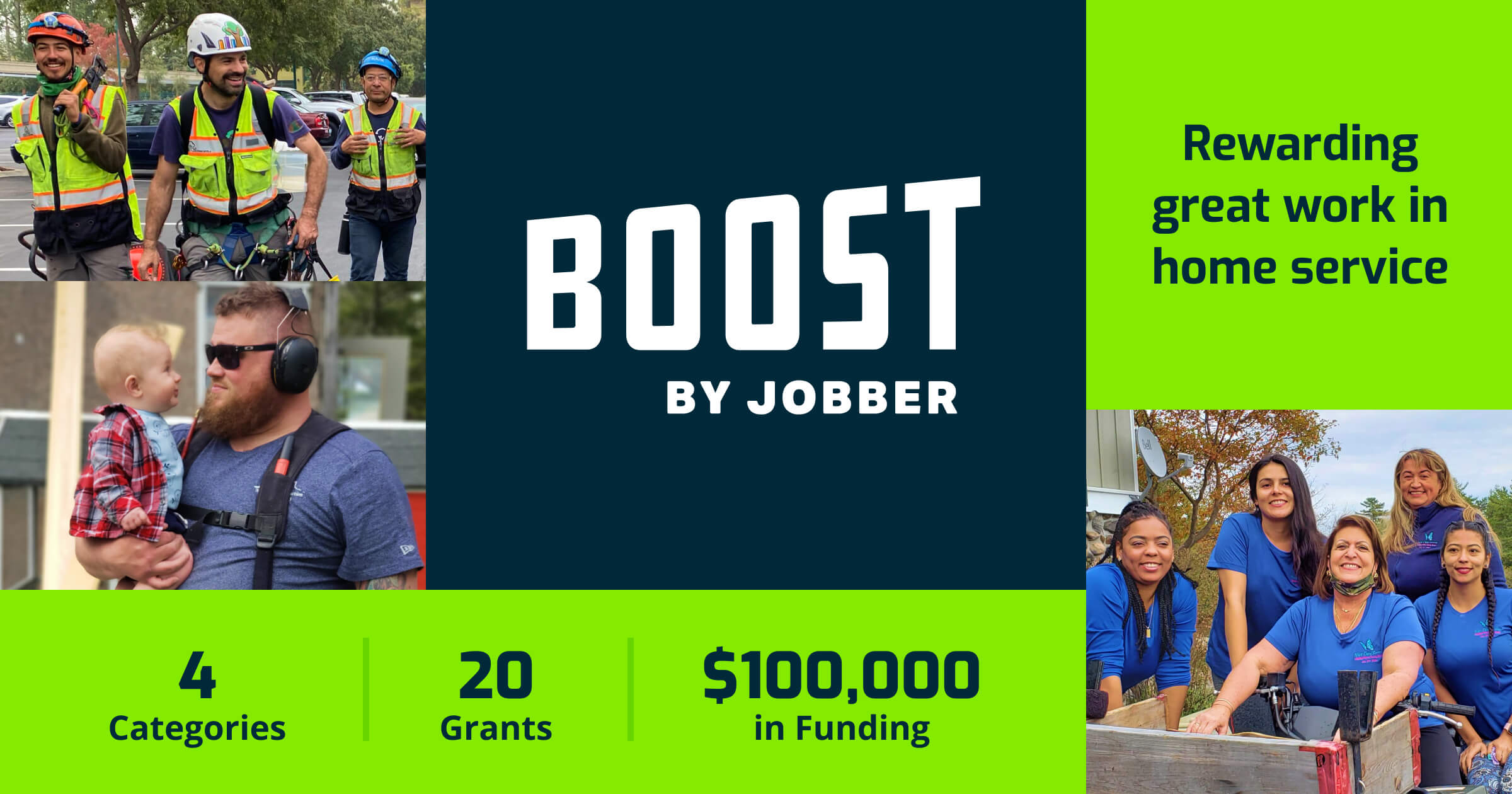She didn’t set out to be a cleaner or even a cleaning business owner, but that’s where her path to leadership began.
We hear these things when we’re at the beginning of our business and think “they don’t apply to me” because I don’t have other cleaners yet or an office needing staff or enough towels to fight over who’s going to wash them for the next day. And it’s easy to say these ideas don’t apply to me. But I’m telling you they might not apply to you yet, so don’t close off your ears. You’ll get there. Just keep putting one foot in front of the other, and when you get there – and you will – it will all make sense.
CBT: When, why and how did you get your start in the cleaning industry and with Maid My Day Brevard?
BL: It was Jan 18, 2011 – the day before my birthday, in fact. I had just left my job of six years, and I didn’t have a job to go to the next day. I met my brother to celebrate that evening, and was excited about what I had planned: continuing to grow The Lane Solutions Group, a consulting firm focused on helping small businesses with their accounting, risk management, and HR compliance to improve their profitability, something I’d been doing for a number of years and planned to expand into my own business.
But I also knew that I wasn’t going to be able to replace my full income quickly enough to continue supporting my family, so I floated the idea of cleaning and asked my brother if he knew anyone who’d been looking for a cleaner. And the next day – my birthday, a friend of his called me and hired me. So I went to Walmart, bought some supplies and showed up at this house, ready to work but not having too much idea of what I was doing, which is probably why it took me two days to clean it. This first job included things I wouldn’t dream of doing now, like washing and pressing drapes (included in the fee) and hosing down a bathroom in bleach and then having to run away because my eyes were burning.
Within 30 days, I had accumulated enough regular clients to hire my first employee, who lucky for me had twenty years of experience in the cleaning business and whom I knew from my childhood; she was critical in helping me learn the field and technical side of the industry – on the job, literally. And within 90 days, I had enough regular clients to add a second employee to the cleaning business.
But even with this success, I wasn’t excited about the idea of a cleaning company. What I still wanted to do was business consulting and had, by that 90 day mark, a good 30 hours a week of work consulting. And consulting remained my primary focus for the first 18 months, with the cleaning business continuing to grow slowly but steadily simply through me networking through my professional channels through The Lane Solutions Group, Extreme Gleam’s parent company, and organic word-of-mouth. But only with the cleaning business revenue could I generate enough money to cover payroll and support my family. So we cleaned all day, and I consulted at night, making an 18-hour day my normal workday and maximizing my earning potential.
CBT: What was the turning point for you to make your cleaning company your focus, and more importantly your passion?
BL: I have to give that credit to a confluence of events because they all happened at the same time. It was a year after I started Extreme Gleam and I got a direct mail piece from ARCSI about the 2012 ELC in Orlando and the HCT class with it. And that spring I met Bruce Vance and David Kiser along with Tom Stewart and Derek Christian, who later became my first cleaning business coaches through the Foundations of Success program.
It was then, among the 100 or so companies gathered, that I realized I had a legitimate business and started to turn my attention to actually running a growing cleaning company. Within six months of ELC – by the convention in Chicago that same year – I had let go of the consulting business and took a leap to Extreme Gleam.
CBT: Now wasn’t your company first called Extreme Gleam? What prompted you to change the name and rebrand your company?
BL: As I mentioned, a cleaning business wasn’t my first choice. I had opened The Lane Solutions Group and had a good business following my traditional interest and skills in business, primarily for my cleaning clients. But almost two years into operating and growing the cleaning business offshoot, I liked it and I was good at it, but the original name/brand didn’t reflect the new commitment I was ready to make to focus fully on the cleaning business. So I began the process of rebranding by re-incorporating The Lane Solutions Group to Maid My Day Brevard and completed the brand conversion in January 2015.
Our new brand reflects the core values of the entire company and is more obviously customer-focused. But personally, the name change represented my commitment to my cleaning business, to being in this with both feet and my whole heart and head. To have all of my crops in one garden and to grow where I’m planted. And outwardly, it helped me to more easily and clearly say “this is what I do.”
CBT: Your first year or so in business was challenged by some unique situations. What was your source of motivation, inspiration, and plain ole energy to work through them?
BL: On a basic level, I think there are two primary motivators every business owner has: putting food on the table and making payroll. But beyond that, I’ve always received a feed of energy from the people I work with – my staff and technicians – the people to whom I am responsible for creating a sustainable job. The more customers I took on, the more people I hired, the more skin I had in the game.
My second most important source of motivation comes from my fellow cleaning business owners, primarily those I’ve met through ARCSI and the Foundations network, especially Alberto Oliveira. I can’t tell you how many times I’ve called him up to tell him “I’m fed up” or “I quit” or “I don’t want to do this anymore.” And I’d never have come back to the other end of that – back to my business – without him and others helping me.
CBT: Just a little more than a year after opening your doors, you had your first full day “out of the field” on May 6, 2014. How did you do it and how did that feel?
BL: When it comes down to it, stepping out of the field was a risk, a leap of faith even knowing things weren’t perfect. And it’s one I have to take again every time there’s a crisis – too many call outs, overbooked, quality problems, etc. – and it would be only too easy for me to just drive out there and do it myself.
But the fact is that my clients can’t afford – literally, in dollars – for me to personally perform the cleaning day-to-day or even on a special jobs basis. Why? Because there is a limited supply of “me,” so I have a responsibility to my customers to ensure they are getting the best value out of my time for the price they pay:
- developing staff in a way where they could deliver quality service without me standing over their shoulder
- building enough reoccurring business where I could financially sustain my move out of the field
- raising rates to reflect the value and competitiveness of my services
- systematically and consistently training new employees – and not just technicians
- adopting a single line of chemicals to simplify the learning curve and improve training efficiency
- training customers to learn and comply with service policies (so that there’s a chance of office staff actually getting things done efficiently)
The key thing for me to remember was that my being “out of the field” wasn’t permanent; it wasn’t a move where I had to say “I will never clean a toilet again.” Rather it was a paradigm shift, a new way of thinking about myself as a leader and the face of my brand.

CBT: You’re on the front lines in Florida as the state attempts to manage some employment-related changes, namely workers compensation, and you’ve fought hard to maintain a direct employment structure. What have been some of the challenges and how have you been able to be profitable as a direct employer?
BL: This is such a multi-step process: reincorporating while keeping the ratings we’d built as The Lane Solutions Group. There’s the standard refiling of legal and tax paperwork, but what ultimately held up the launch of our rebranding publicly was the process and waiting period we had to endure to keep our workers compensation rating. We’d earned strong credibility by not having any claims against us and by paying on time.
And when I sat down with my agent about making this change, that’s when I learned how challenging the workers compensation market is for employers in the state of Florida. The likelihood of getting a new policy for the new corporation would be incredibly difficult and might even force me into leasing employees from a staffing agency until we could get coverage. But I could continue with my current corporation and policy until that policy had seasoned sufficiently to allow me to apply to the state of Florida to transfer the policy with its ratings to the new corporation.
The key to this whole process came down to one thing: developing a relationship with my insurance carrier. And before making any major changes, talk to them; that’s what your agent is there for. Use them as a consultant for your business; after all, that’s a big part of what you’re paying them for.
CBT: As you look forward to your fourth full year in business, what goals have you accomplished and what new ones are you looking forward to going after soon?
BL: To date, we’ve been in a sustained growth mode, relying on referrals and organic word of mouth to gain new clients; and that’s worked, netting us 65% growth in 2013. With our rebranding and my move into the office, I’m finally ready to open the valve on a real, strategically developed marketing program to raise brand awareness and generate leads for the business.
As I’ve put the finishing touches on a streamlined hiring and training system, we are today just slightly overstaffed and ready to turn on the marketing and get in the game, looking to field a third team full-time and a fourth team in development by the end of the year.
In some ways, it feels like we’re opening our doors for the first time – again.






